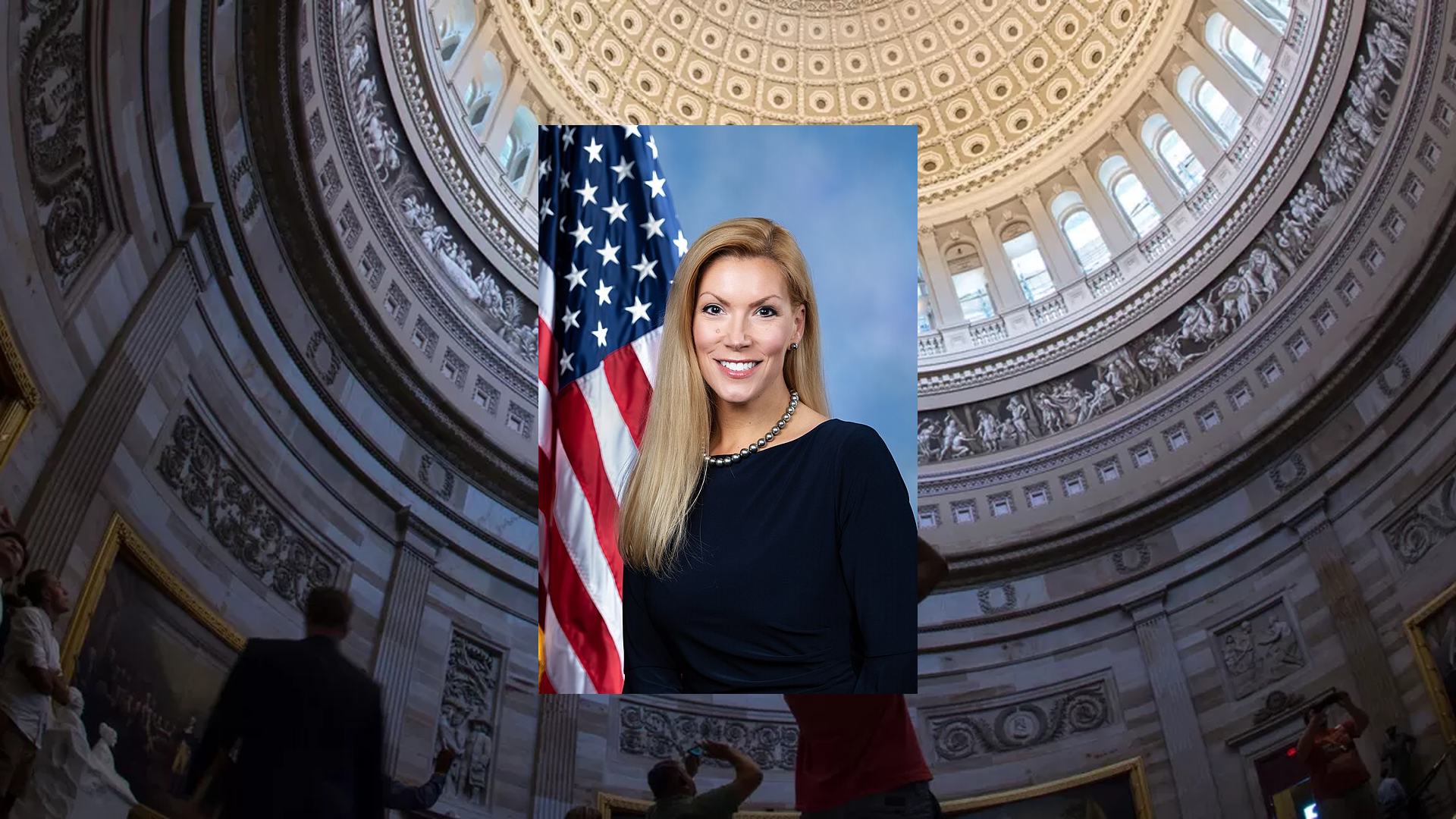The House has passed H.R. 2966 - American Entrepreneurs First Act of 2025. This bill was introduced by Representative Beth Van Duyne.
The vote was 217-190.
You can track corporate lobbying on this bill and relevant congressional stock trades on Quiver Quantitative's H.R. 2966 bill page.
Here is a short summary of a May 21, 2025 version of the bill.
H.R. 2966 - American Entrepreneurs First Act of 2025 Summary
The American Entrepreneurs First Act of 2025 aims to modify the requirements for applicants seeking certain loans from the Small Business Administration (SBA). Here are the key points of the bill:
Loan Application Requirements
The bill mandates that individuals or businesses applying for SBA loans under specific sections of the Small Business Act must provide documentation that proves their citizenship status. This includes:
- The applicant's date of birth.
-
Certification that the applicant is either a:
- Citizen of the United States,
- National of the United States, or
- Lawful permanent resident of the United States.
- If the applicant is a business, that it is 100% owned by individuals who are either citizens, Nationals, or lawful permanent residents.
- A declaration that no ineligible person holds any direct or indirect ownership in the applying entity.
- If the applicant is a lawful permanent resident, the alien registration number must be documented.
Eligibility Criteria
According to the bill, an applicant will be deemed ineligible for an SBA loan under the following circumstances:
- The loan application is submitted after the enactment date of this Act and lacks the required information.
- If the applicant’s business has any direct or indirect owners who are classified as ineligible persons.
- If the individual applicant is identified as an ineligible person.
Definition of Ineligible Person
The bill defines "ineligible person" as:
- An asylee
- A refugee
- An individual with a visa to remain in the U.S.
- Anyone classified as a nonimmigrant under U.S. immigration laws.
- An individual granted deferred action under the DACA policy.
- An individual present in the U.S. without lawful status.
Prohibition of Loans
If any applicant fails to comply with the newly established requirements, they would be prohibited from securing a loan under the specified SBA programs.
Implications
This legislation is positioned to tighten the requirements for accessing small business loans, focusing on ensuring that applicants are U.S. citizens or lawful residents, which may affect various small business owners across the country.
Relevant Companies
None found
This article is not financial advice. Bill summaries may be unreliable. Consult Congress.gov for full bill text. See Quiver Quantitative's disclaimers for more information.
Representative Beth Van Duyne Bill Proposals
Here are some bills which have recently been proposed by Representative Beth Van Duyne:
- H.R.3526: Uplifting First-Time Homebuyers Act of 2025
- H.R.3525: Regulatory Accountability Act
- H.R.2966: American Entrepreneurs First Act of 2025
- H.R.2965: Small Business Regulatory Reduction Act of 2025
- H.R.2477: Portable Ultrasound Reimbursement Equity Act of 2025
- H.R.2089: Generating Retirement Ownership through Long-Term Holding
You can track bills proposed by Representative Beth Van Duyne on Quiver Quantitative's politician page for Van Duyne.
Representative Beth Van Duyne Net Worth
Quiver Quantitative estimates that Representative Beth Van Duyne is worth $147.6K, as of June 6th, 2025. This is the 383rd highest net worth in Congress, per our live estimates.
Van Duyne has approximately $10.1K invested in publicly traded assets which Quiver is able to track live.
You can track Representative Beth Van Duyne's net worth on Quiver Quantitative's politician page for Van Duyne.




